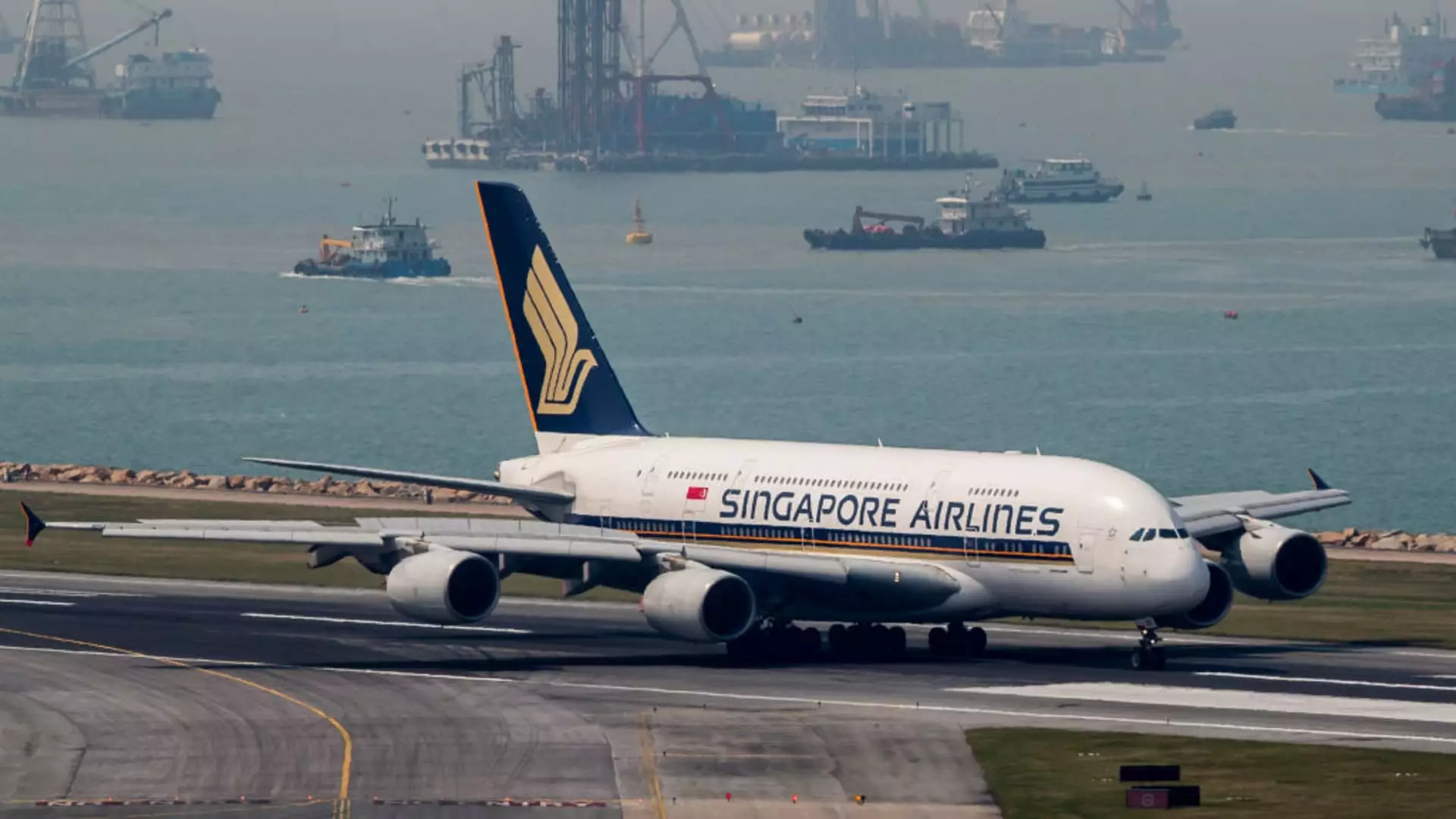Singapore is set to increase the cost of flights departing from the country starting in 2026 in an effort to advance its aviation industry decarbonization objectives. The plan involves all outbound planes using sustainable aviation fuel (SAF) by 2026, with the goal of having 1% of all jet fuel used at Changi Airport and Seletar Airport comprised of SAF by that year. This percentage is expected to rise to 3-5% by 2030, according to Transport Minister Chee Hong Tat’s announcement.
The initiative to implement SAF is a crucial step in the decarbonization of the aviation industry. The Civil Aviation Authority of Singapore (CAAS) stated that SAF is anticipated to contribute around 65% of the carbon emission reduction required to achieve net zero by 2050. This move is part of a broader sustainable air hub blueprint revealed by CAAS on the eve of the Singapore Airshow.
As a result of the increased utilization of SAF, air travelers flying out of Singapore should be prepared for higher airfares. The current cost impact estimates suggest that economy class passengers on direct flights from Singapore to destinations like Bangkok, Tokyo, and London could be required to pay additional fees ranging from S$3 to S$16. Premium class passengers are expected to face even higher levies.
Despite the impending rise in airfares, Transport Minister Chee reassured that the cost impact associated with reaching the 1% SAF composition target by 2026 is deemed “manageable.” He also mentioned that key stakeholders have been consulted throughout the decision-making process. Additionally, the target is viewed as an incentive for increased investments in SAF production facilities.
In alignment with global efforts to combat climate change, the International Air Transport Association and its member airlines have committed to achieving net-zero carbon emissions by 2050. This demonstrates the aviation industry’s acknowledgment of the urgent need to reduce its environmental impact and transition towards sustainable practices.
While the implementation of sustainable aviation fuel in Singapore is a significant step towards decarbonizing the aviation sector, it comes with cost implications for air travelers. The gradual increase in the use of SAF is crucial for achieving carbon neutrality by 2050, highlighting the industry’s commitment to sustainability and environmental responsibility.


Leave a Reply